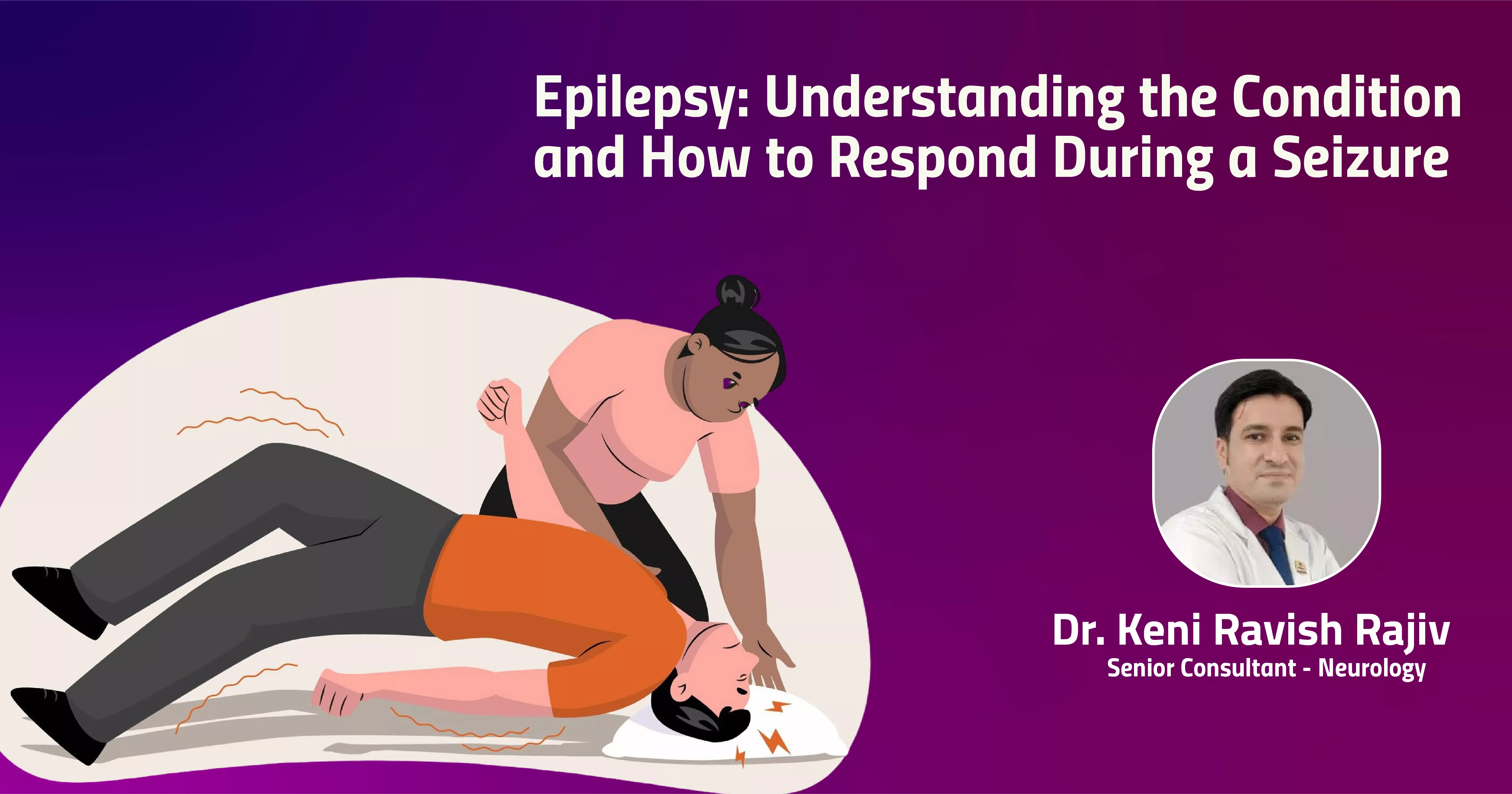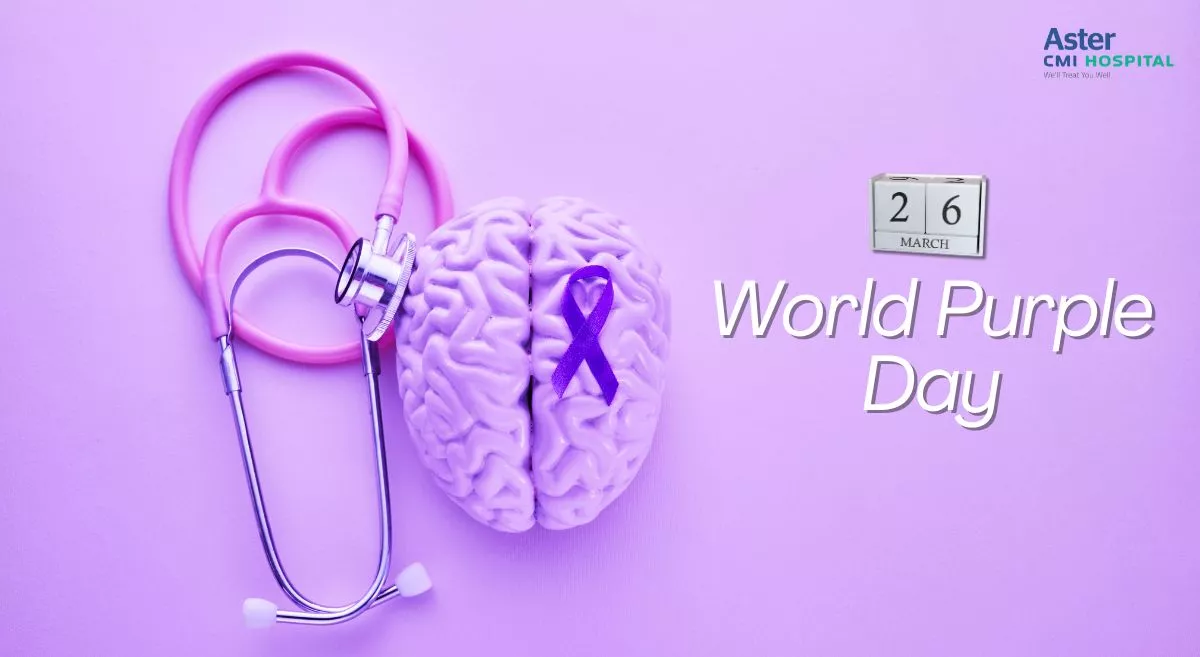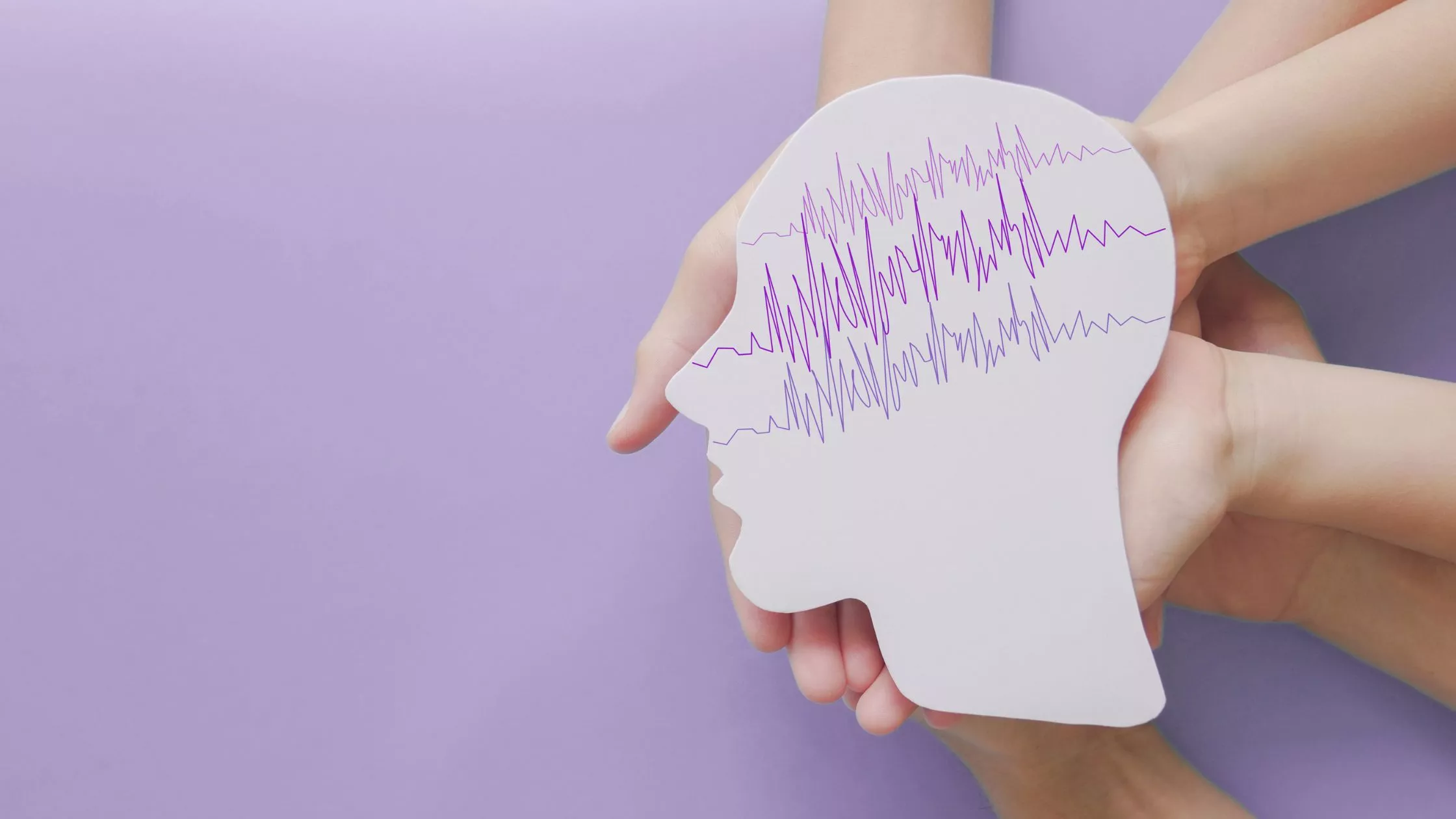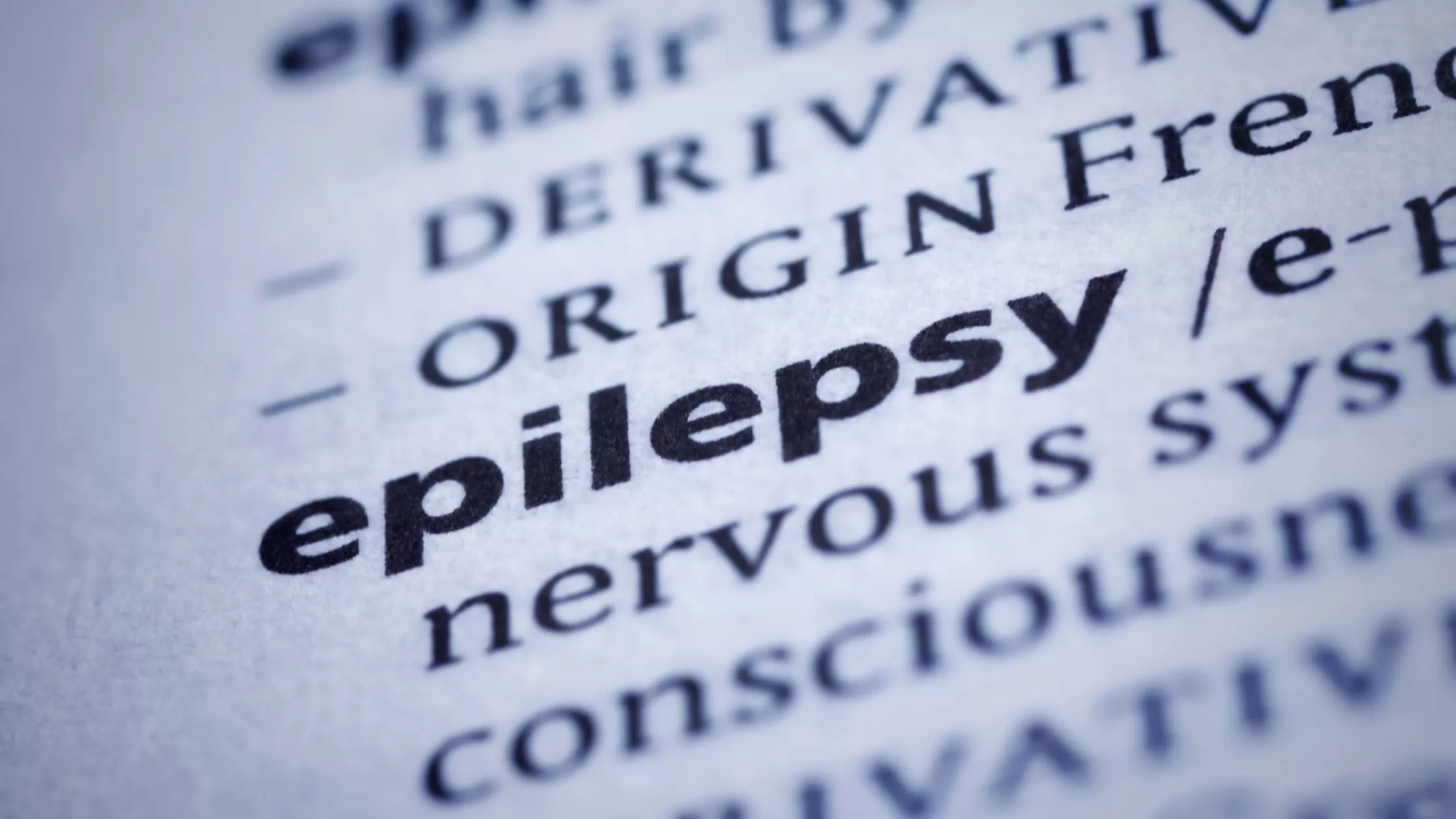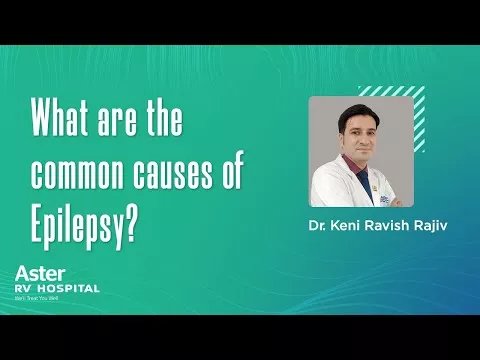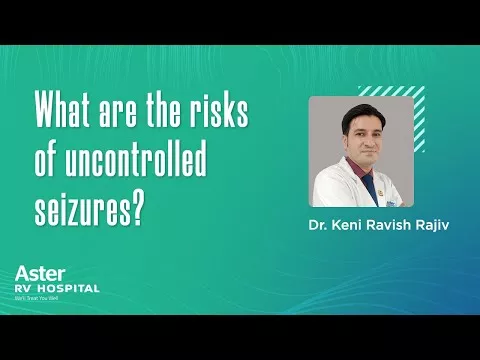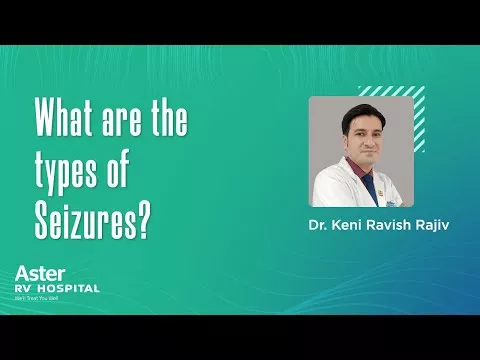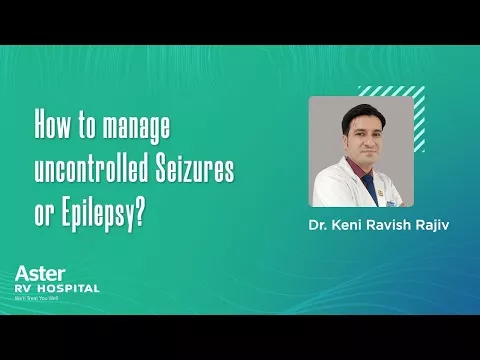National Epilepsy Day, observed on November 17th in India, aims to raise awareness about epilepsy—a neurological disorder affecting millions worldwide. This day highlights the need for greater understanding, dispelling misconceptions, and encouraging proper treatment and support for individuals with epilepsy.
What is Epilepsy?
Epilepsy is a chronic brain disorder that is characterized by recurrent, unprovoked seizures. Seizures are the consequence of abnormal electrical activity in the brain, leading to sudden, involuntary changes in behavior, movements, or consciousness. Classified as one of the most common neurological disorders, epilepsy can be suffered by any individual of all ages, genders, or backgrounds.
Commonly Seen Epilepsy Symptoms:
Understanding epilepsy symptoms is crucial for timely diagnosis and management. While symptoms can vary widely, common indicators include:
To ensure timely diagnosis and management of the disease, it’s important to understand epilepsy symptoms. As much as there are varying symptoms of the disease, common indicators are:
- Convulsions - Sudden, involuntary shaking or jerking movements in the body.
- Temporary Confusion - A seizure is often followed by temporary confusion or memory loss.
- Staring Spells - Momentary blank stare into space and no response, most typically in absence seizures.
- Loss of Consciousness - Episodes of unconsciousness. The person has no recollection of the happening.
- Psychological Symptoms - Right before a seizure, patients may experience fear, anxiety, or déjà vu.
Types of Epileptic Seizures
Epilepsy is often classified by seizure type. Recognizing different seizure types helps with accurate diagnosis and treatment:
- Focal Seizures: These begin in one area of the brain and may cause involuntary movements, sensations, or changes in consciousness.
- Generalized Seizures: Involving both sides of the brain, generalized seizures include tonic-clonic (grand mal) seizures, which involve convulsions, and absence seizures, which cause brief lapses in awareness.
- Unknown Seizures: Sometimes, the origin of the seizure is unknown, and further investigation is required to determine its type.
Common Causes of Epilepsy
While some people are born with epilepsy, others may develop it due to specific triggers. Common causes and triggers of epilepsy include:
- Genetic Factors: Family history of epilepsy increases the risk.
- Head Injuries: Traumatic brain injuries can lead to epilepsy in certain cases.
- Stroke or Brain Tumors: Damage from stroke or tumors can cause abnormal brain activity.
- Infections: Conditions like meningitis, encephalitis, and HIV increase the risk of epilepsy.
- Prenatal Injury: Brain damage in utero or at birth may predispose individuals to epilepsy later in life.
Diagnosis of Epilepsy
To accurately diagnose epilepsy, doctors use various methods to observe seizure patterns and rule out other conditions:
- Neurological Exam: Tests motor skills, behavior, and cognitive function to assess brain health.
- Electroencephalogram (EEG): An EEG measures brain electrical activity and is one of the primary tools for detecting epilepsy.
- Imaging Tests: MRI or CT scans may identify structural abnormalities or other causes of seizures.
- Blood Tests: These can help rule out other conditions or underlying issues.
Treatment Options for Epilepsy
The treatment of epilepsy is typically customized based on the type of seizure, age, and overall health of the patient. Common treatments include:
- Anti-seizure Medications: Medications such as valproic acid, carbamazepine, and phenytoin help manage seizures in many patients. It’s important to follow the dosage instructions and attend regular check-ups.
- Surgery: In some cases, surgical intervention may be recommended to remove or alter the part of the brain causing seizures.
- Ketogenic Diet: This high-fat, low-carbohydrate diet is particularly effective in reducing seizures in children with epilepsy.
- Vagus Nerve Stimulation: A device implanted in the chest stimulates the vagus nerve, helping to prevent seizures in some patients.
- Responsive Neurostimulation (RNS): RNS involves a device that monitors brain activity and delivers small electrical impulses when seizure patterns are detected.
Epilepsy and Lifestyle Management
Living with epilepsy involves making lifestyle adjustments to reduce triggers and improve overall health:
- Adequate Sleep: Sleep deprivation can increase the risk of seizures. Establish a consistent sleep schedule.
- Stress Management: Meditation, deep breathing exercises, and mindfulness can help control stress, a known seizure trigger.
- Avoiding Alcohol and Drugs: Alcohol and recreational drugs can interfere with anti-seizure medications and may trigger seizures.
- Healthy Diet: While the ketogenic diet can be beneficial, a balanced, nutrient-rich diet helps maintain overall brain health.
- Regular Exercise: Physical activity can improve mood, reduce stress, and benefit overall health. Always consult a doctor before starting new exercises.
Epilepsy in Children vs. Adults
Epilepsy affects children and adults differently, often presenting unique challenges. Here’s a look at how the disorder may impact different age groups:
- Children: Childhood epilepsy often includes specific syndromes like benign rolandic epilepsy or absence epilepsy. Timely diagnosis is key to preventing learning or developmental issues.
- Adults: Epilepsy in adults can result from injury, stroke, or tumors. Managing epilepsy may become more complex as adults age due to coexisting health conditions or medication side effects.
Preventing Epilepsy
While not all cases of epilepsy are preventable, certain measures can reduce the risk:
- Head Injury Prevention: Wearing seatbelts, using helmets, and taking precautions to prevent falls can reduce the risk of head injuries.
- Healthy Pregnancy: Pregnant women should avoid alcohol, drugs, and infections to reduce the risk of prenatal brain damage.
- Vaccination: Vaccinating against infections like meningitis or encephalitis can reduce the risk of epilepsy in children.
- Stroke Prevention: Managing high blood pressure, and cholesterol, and avoiding smoking can reduce stroke risk, a common cause of epilepsy in adults.
When to See a Doctor
It’s important to consult a doctor if you or someone else has one seizure for the first time or develops one or more of the following:
- Seizure lasting more than five minutes.
- You experience trouble breathing, or the individual has difficulty regaining consciousness from a seizure.
- Several seizures occur in a very short period.
- Injuries are sustained during a seizure.
Seeking medical assistance helps prevent complications and ensures early detection and treatment.
Myths and Misconceptions about Epilepsy
Epilepsy is very much misunderstood, which often leads to stigmatization. Here are some common myths:
- Myth: Epilepsy is contagious.
Fact: It is a neurological condition and cannot be caught as one catches a virus. - Myth: People with epilepsy cannot work or lead normal lives.
Fact: Most people with epilepsy have successful careers, families, and full lives. - Myth: Seizures are always dramatic and involve convulsions.
Fact: Some seizures are subtle, with symptoms like staring or brief lapses in awareness. - Myth: Epilepsy is a mental illness or intellectual disability.
Fact: Epilepsy is a neurological disorder, and there are no significant differences in the intelligence quotients between patients with epilepsy and others.
Here’s how you can support someone who has epilepsy:
- Remain Calm: Keeping calm may help others in the area stay calm as well.
- Clear the Area: If there are objects nearby, move them away from the individual to prevent injury.
- Place Them on Their Side: This way, their airways won't be obstructed in case they vomit or have difficulty breathing.
- Do Not Restrain: Don't restrain the patient's movements during a seizure.
- Time the Seizure: If the convulsion lasts more than five minutes or the patient doesn't regain consciousness, call for emergency services.
Conclusion
National Epilepsy Day can be the day when such myths are busted, and persons with epilepsy can be supported in spreading awareness. Once the symptoms, causes, and treatment are known, this may be better handled or accommodated in a much more compassionate and well-informed society. If you're afflicted with epilepsy or someone in your family circle has this condition, remember that all possible resources, treatments, and a supportive community are available to help.





